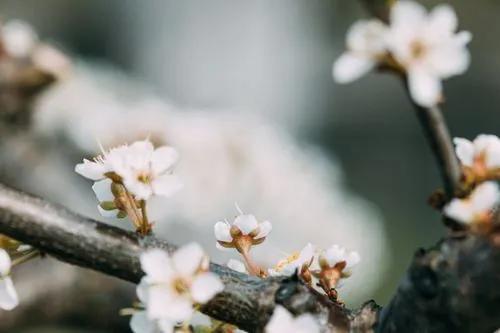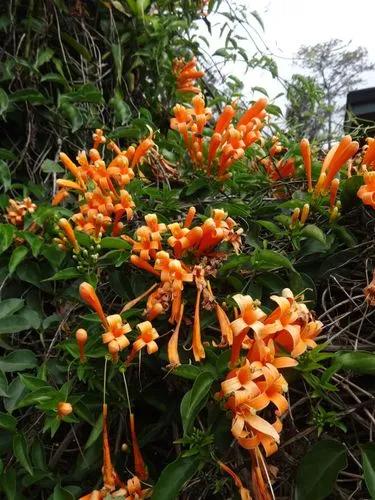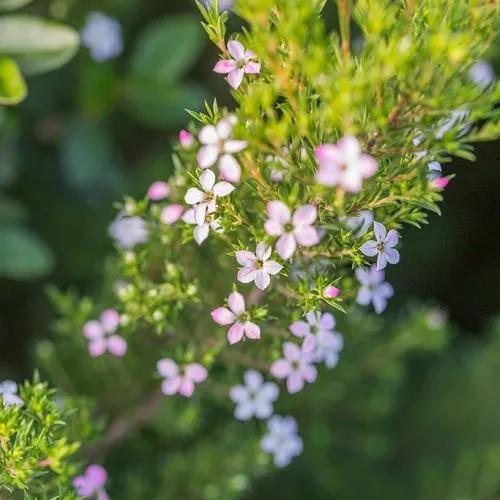The tree species Sorbus americana is commonly known as the American mountain-ash. It is a deciduous perennial tree, native to eastern North America. The American mountain-ash and related species (most often the European mountain-ash, Sorbus aucuparia) are also referred to as rowan trees.
Mountain Ash Care
Sorbus Americana



Sorbus americana, called American mountain ash, is a small, deciduous, understory tree (sometimes a shrub) that is native to northeastern North America from Newfoundland to Manitoba south to northern Illinois, northern Michigan and New Jersey plus further south in the Appalachians to Georgia. It typically grows to 15-30’ tall with an open rounded crown. It is noted for its attractive form, white spring flowers, serrate compound-pinnate leaves and bright orange-red fall fruit. Smooth, gray bark becomes scaly with age. Dense flattened clusters (corymbs to 3-6” across) of very small 5-petaled white flowers (each to 1/4” wide) appear in May. Flowers are followed by bright orange-red berries (each to 5/16” diameter) that ripen in late summer and remain on the tree after leaf-drop. Berries are attractive to birds and animals, but too acidic to be eaten fresh off the tree by humans. Berries may be made into jellies. Each odd pinnate leaf (6-10” long) typically has 9-17 sharply serrated, lance shaped, dark green leaflets (2-4” long) with gray-green undersides. Foliage turns yellow in fall. Mountain ashes usually have ash-like leaves, but are members of the rose family, and are not related to true ashes (Fraxinus), which are in the olive family.
How to Care for the Plant

Popularity

94 people already have this plant 12 people have added this plant to their wishlists
Discover more plants with the list below
Popular articles






